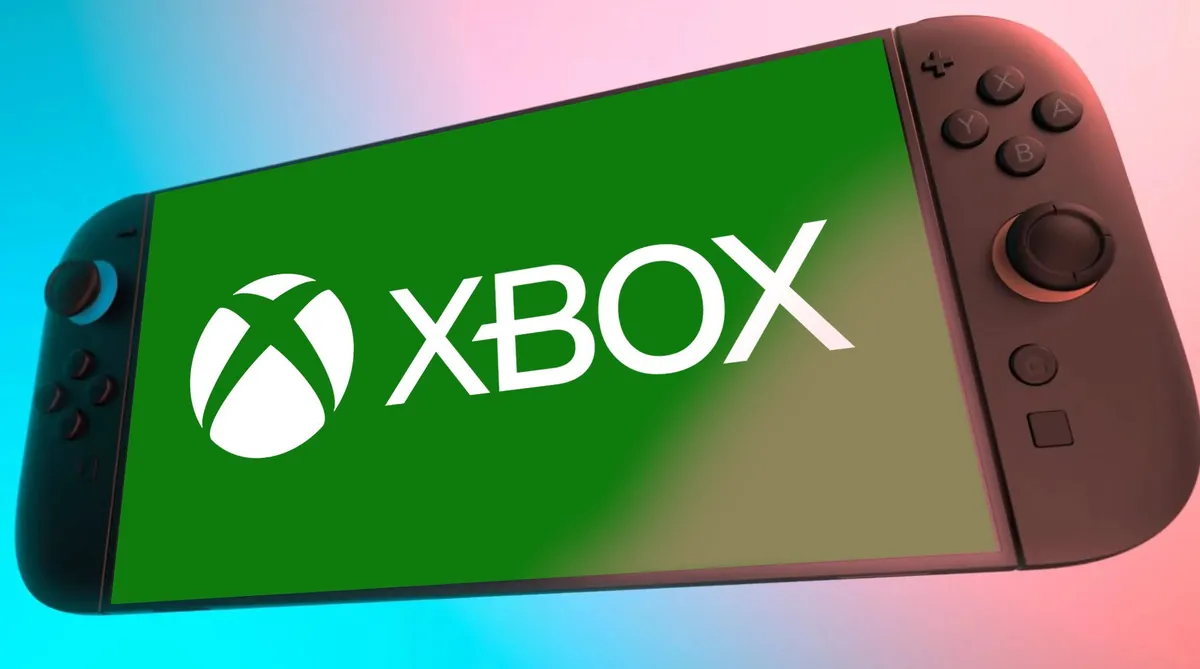
The renowned port studio Virtuos, established in 2004, has delved into a detailed comparison of the overall technical capabilities of the Nintendo Switch 2 and the Xbox Series S. As one of the largest game developers globally, Virtuos specializes in supporting the creation of major triple-A games and porting existing titles to new platforms. With an impressive portfolio that includes franchises like Call of Duty, Dark Souls, Battlefield, and Horizon, the studio is currently aiding Konami in the development of the much-anticipated Metal Gear Solid 3 remake.
In a recent interview with Wccftech, Eoin O’Grady, the technical director at Virtuos subsidiary Black Shamrock, shared valuable insights regarding the Switch 2's technical specifications. O’Grady noted that the GPU capabilities of both consoles are relatively comparable, primarily due to the Switch 2's implementation of DLSS upscaling. He emphasized that while the Switch 2's CPU is more aligned with the PlayStation 4, he believes that “any game shipping at 60 FPS on the Series S should easily port to the Switch 2.”
According to O’Grady, although the GPU performance of the Switch 2 is slightly below that of the Series S, this difference is more pronounced in handheld mode. He pointed out that the Series S lacks support for advanced technologies like DLSS, which the Switch 2 utilizes to enhance its graphics performance. This crucial factor makes the overall GPU capabilities of both consoles more similar than they might initially appear.
When it comes to CPU capabilities, O’Grady highlighted a more significant distinction between the two consoles. He stated that the Switch 2's CPU is closer to that of the PlayStation 4, boasting a slight edge over the PS4's performance. He elaborated that since most modern games are more GPU-bound rather than CPU-bound when well optimized, the impact of this CPU difference will largely depend on the specific game's requirements and its intended frame rate.
O’Grady expressed optimism regarding game porting between the two consoles. He stated, “Any game shipping at 60 FPS on the Series S should easily port to the Switch 2. Likewise, a 30 FPS Series S game that’s GPU-bound should also port well.” However, he cautioned that games featuring complex physics, intricate animations, or other CPU-intensive elements might face challenges in achieving 30 or 60 FPS on the Switch 2, potentially necessitating additional optimization during the porting process.
Overall, O’Grady remains optimistic about the Switch 2's potential success in the gaming market. He even suggested that it could surpass the sales performance of its predecessor, which sold an impressive 150 million units, potentially making it one of the best-selling consoles in history. “Given the phenomenal success of the Switch, expectations for the sales performance of the Switch 2 were already quite high,” he stated. With a substantial base of loyal fans and a growing demand for handheld gaming, the Nintendo Switch 2 is poised for success—beyond just smartphone gaming.